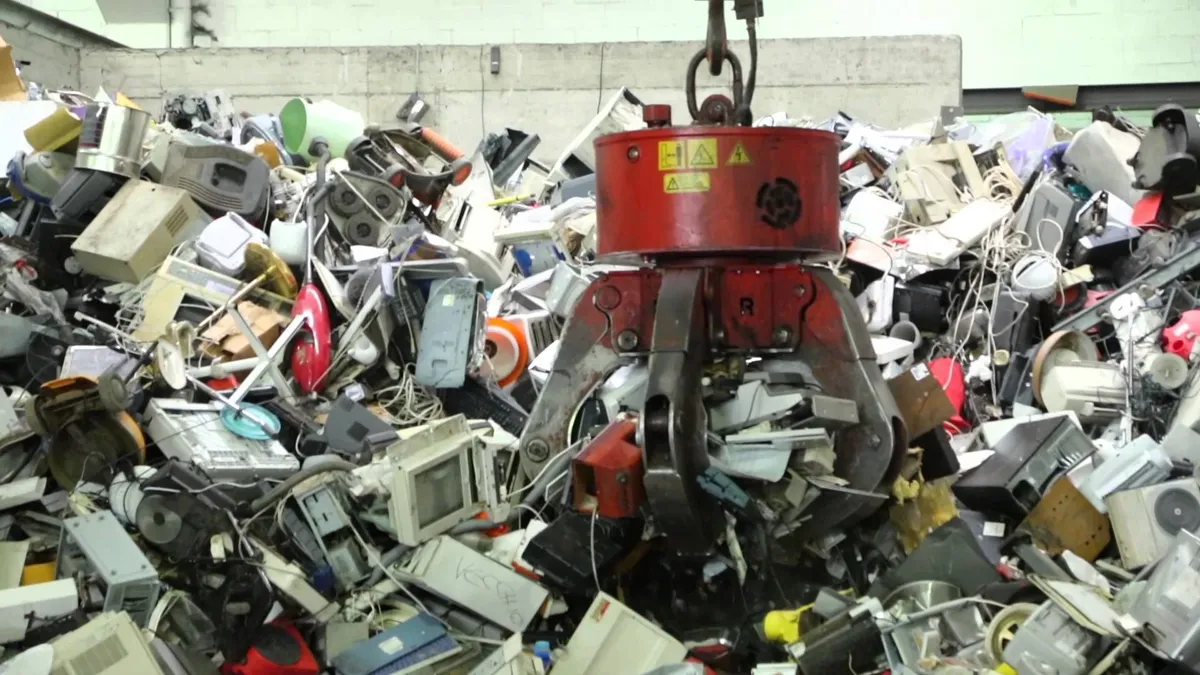Dive Brief:
- Washington's state legislature is currently considering a bill that would bring major changes to its extended producer responsibility program, E-Cycle Washington, as reported by E-Scrap News. HB 1824 has already been passed by the House of Representatives and is currently being considered by the Senate.
- This bill would restrict the the Washington Materials Management and Financing Authority (WMMFA), the group that manages E-Cycle Washington, from hiring a processor for three years after two violations from the Department of Ecology.
- The WMMFA would also be required to share prices they paid to processors and transporters, product volumes and details of their procurement process. WMMFA has pushed back on this proposal, saying it is meant to "operate more like a private business than like a public agency."
Dive Insight:
This bill has inspired a range of reactions, with strong support from the Basel Action Network (BAN) and opposition from the WMMFA, Consumer Technology Association and regional recycler Total Reclaim. For BAN it would provide more of the transparency they've tried to encourage about shipping material to unregulated facilities overseas and potentially encourage more competition in a market currently dominated by Total Reclaim. Others see it as too much restriction on the market and potentially detrimental to state recycling efforts in the event that a major company — such as Total Reclaim — could no longer participate.
Last year, the state fined Total Reclaim $444,000 for alleged mishandling of televisions and monitors that contained mercury. This information came from BAN, which is known for placing GPS tracking devices to follow shipments of material overseas. Total Reclaim has since appealed the decision and will face a hearing in June.
Washington's latest annual report showed a decrease in weight collected by the program for the third year in a row. This includes a decline in costly and challenging CRT units, which could be a sign that residents have brought in most of their older equipment, and an increasingly larger share of televisions. Unlike many other state programs, E-Cycle hasn't reported serious financial difficulties. Whether a new level of transparency and stringency is the logical next step in its evolution or a potential hindrance to ongoing progress remains to be seen.














